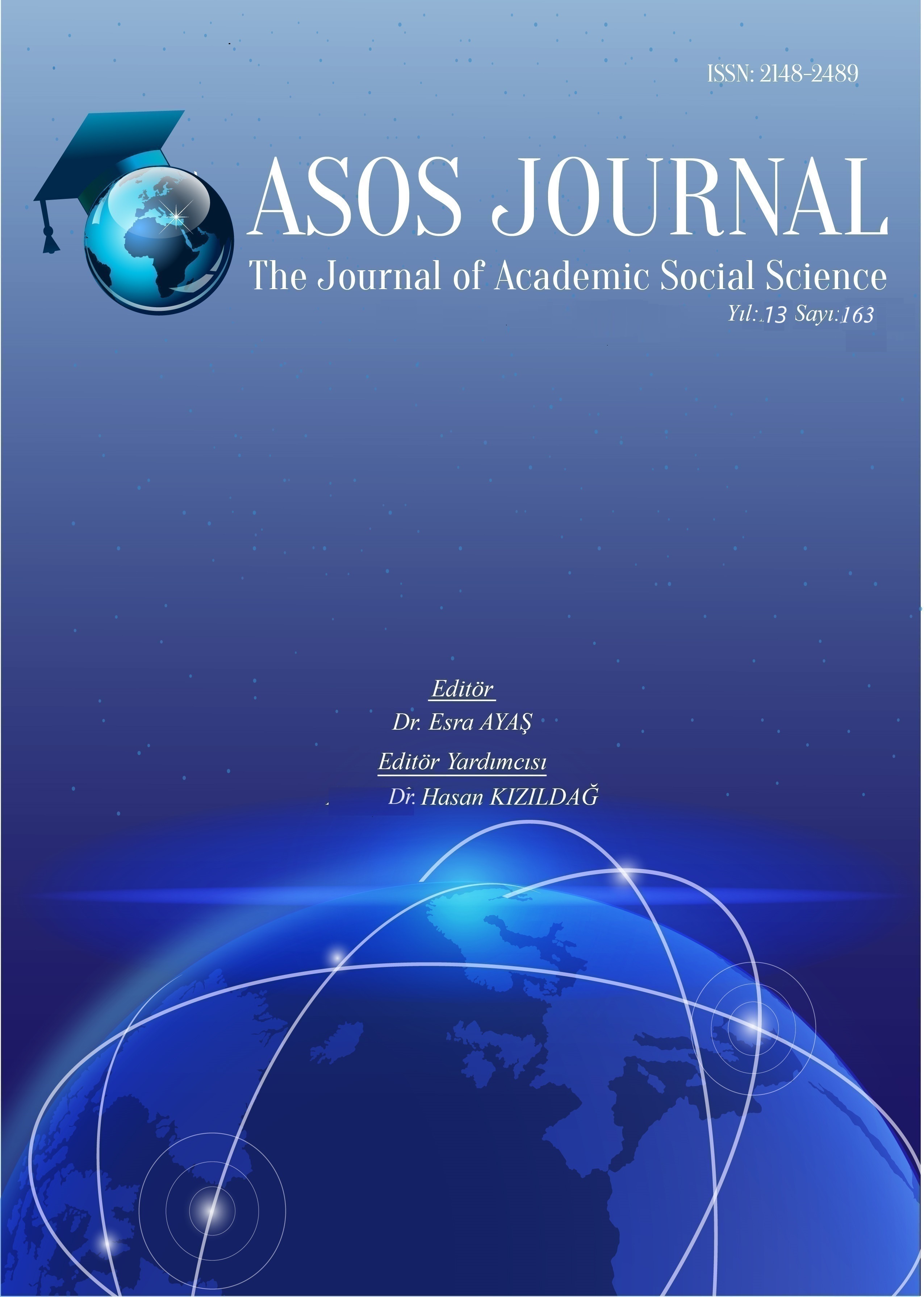Author :
Abstract
Depremler, çocukların ruh sağlığını derinden etkileyen travmatik olaylar arasında yer almaktadır. Travmatik deneyimler, çocuklarda Travma Sonrası Stres Bozukluğu (TSSB), anksiyete, depresyon, uyku bozuklukları ve sosyal gelişim sorunları gibi psikososyal problemlere yol açmaktadır. Bu derlemenin amacı, deprem sonrası çocuklarda sık görülen psikososyal sorunları ve hemşirelerin bu süreçteki rolünü incelemektir. Araştırmalar, çocukların deprem sonrası yoğun şok, korku ve kaygı gibi tepkiler gösterdiğini ve bu durumların gelişim dönemine bağlı olarak farklı semptomlarla ortaya çıktığını göstermektedir. TSSB ve anksiyete bozuklukları, çocukların akademik performansını ve sosyal ilişkilerini olumsuz etkilemektedir. Uyku bozuklukları ve depresyon gibi durumlar ise uzun vadeli psikolojik sorunlara yol açabilir. Ayrıca sosyal destek eksikliği ve aile içi dinamiklerin bozulması, çocukların toparlanma sürecini zorlaştırmaktadır. Deprem sonrası çocukların ruh sağlığını desteklemek için erken tanı, psikolojik müdahaleler ve sosyal destek mekanizmaları hayati öneme sahiptir. Okul temelli destek programları ve aile içi duygusal desteğin artırılması etkili müdahale stratejilerindendir. Toplumda farkındalığın artırılması ve çocukların travmayla baş etme becerilerini geliştirmeye yönelik çalışmalar önerilmektedir.
Keywords
Abstract
One of the traumatic events that deeply affect children's mental health is earthquakes. Traumatic experiences cause children to suffer from psychosocial problems such as Post-Traumatic Stress Disorder (PTSD), anxiety, depression, sleep disorders and social development problems. In this review, it was aimed to investigate the psychosocial problems commonly observed in children after an earthquake and the role of nurses in this process. As indicated in several studies, after an earthquake, children react with intense shock, fear and anxiety, all of which manifest themselves in different symptoms depending on children’s developmental stage. While PTSD and anxiety disorders negatively affect children's academic performance and social relationships, sleep disorders and depression can lead to long-term psychological problems. As if these were not enough, lack of social support and disruption of family dynamics delay children’s recovery. Early diagnosis, psychological interventions and social support mechanisms are of vital importance in supporting children’s mental health after an earthquake. School-based support programs and provision of emotional support within the family are among the effective intervention strategies. It is recommended that studies aimed at raising society’s awareness and developing children's skills to cope with trauma should be conducted.





